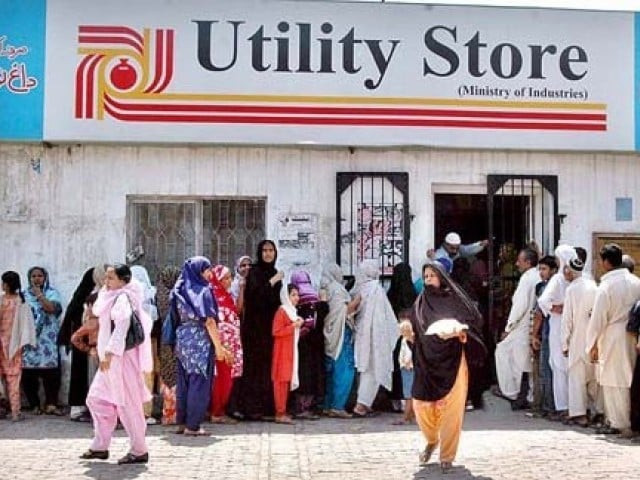Understanding the Shutdown of Utility Stores Corporation: What It Means for Employees and the Economy
The recent announcement regarding the Utility Stores Corporation (USC) has garnered significant attention across Pakistan. The government plans to shut down this lossmaking entity by the end of July 2025, which raises important questions about the future of its employees and the impact on the economy. Let’s delve into the details.
USC has been financially struggling for some time, with mounting operational losses and a heavy reliance on government subsidies. It recorded a staggering Rs6.1 billion loss in the first half of the last fiscal year alone. These figures spotlight the systemic inefficiencies that have plagued USC for years. With a model heavily dependent on subsidies, the organization found it increasingly difficult to remain solvent, racking up cumulative losses of Rs15.9 billion by December 2022.
In light of this, the government has formed a committee to oversee the closure process. The committee, chaired by Finance Minister Muhammad Aurangzeb, is focused on ensuring a smooth transition for the nearly 11,421 employees affected. A voluntary separation scheme (VSS) is to be established, potentially costing the government over Rs29 billion. This scheme aims to provide compensation to employees, with packages varying based on their tenure.
Regular employees with more than 20 years of service will be entitled to a compensation package that includes two months of their basic pay for each year of employment. Those with shorter tenures will receive either three months of basic pay for every year served or 125% of their remaining basic pay, whichever is higher. This financial support is crucial for many workers as they prepare for transition into new employment opportunities.
The implications of this closure extend beyond the employees; they ripple through the economy as well. As USC winds down its operations, the loss of a significant trading entity could tighten market conditions, affecting consumers used to purchasing subsidized goods. The decline in services, coupled with the potential rise in prices, may place additional financial burdens on households already stretched thin by inflation.
Moreover, the situation sheds light on the broader struggles faced by State-Owned Enterprises (SOEs) in Pakistan. The reliance on government funding and a failure to innovate have made it increasingly clear that reform is necessary. Experts are advocating for structural changes in how these organizations operate, suggesting pathways to privatization, supply chain digitization, and a shift towards self-sustainability.
In summary, the closure of the Utility Stores Corporation signals a pivotal point in Pakistan’s economic landscape. While it is necessary to address the inefficiencies of such entities, the impact on employees must be a priority. As the government works on the VSS and prepares for privatization, it’s essential for all stakeholders to understand the implications of these changes.
For ongoing updates and insights into economic policies and their effects on individuals and businesses, consider connecting with Pro21st. Stay informed and engaged as these developments unfold.
At Pro21st, we believe in sharing updates that matter.
Stay connected for more real conversations, fresh insights, and 21st-century perspectives.





